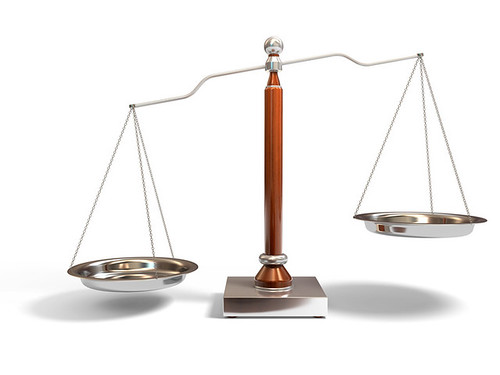Bond interest rates came up by about 1% after the Fed started talking about tapering Quantitative Easing. We are starting to see some higher rates in brokered CDs.
This makes sense because brokered CDs compete directly with bonds. Brokered CDs don’t have the early withdrawal option. If you want out, you have to sell them in the open market. If interest rates go up, the values of brokered CDs drop, just like bonds and bond funds. When your can buy a 7-year Treasury bond with a 2.25% yield, if a 7-year brokered CD doesn’t pay more, you just buy the 7-year Treasury because Treasuries are much more liquid and the interest payments from Treasuries are exempt from state income taxes.
At this time you can get a new-issue non-callable 7-year brokered CD at 2.6%. According to depositaccounts.com, the best rate on a 7-year CD bought directly from a bank or credit union is about 2.0%.
Is the extra 0.6% a year worth giving up the early withdrawal option? It depends on whether you will get to use the early withdrawal option, when you will get to use it, and how much bond yields have gone up by the time you use it.
If you will get to exercise the early withdrawal option one year from now and at that time bond yields are up another 1%, you will trade a 2% early withdrawal penalty (assuming 12 months of interest) plus earning 0.6% less for one year, for a total cost of 2.6%, against a roughly 6% drop in value. That would make it worth it to stick with direct CDs.
If you will get to exercise the early withdrawal option only 3 years in and at that time bond yields are up only another 0.5%, you will trade 2% early withdrawal penalty plus earning 0.6% less for 3 years, for a total cost of 3.8% against a roughly 2% drop in value (only 4 years remaining on the brokered CD). That would make the early withdrawal option not worth the price you pay for it.
If you will not get a chance to exercise the early withdrawal option in all 7 years, because interest rates stay at the current level or lower for 7 years, you just earn 0.6% less per year for 7 years for nothing if you choose the direct CD.
The longer interest rates stay at the current level, the less interest rates go up if and when they do go up, the better off you are with picking a higher yielding brokered CD vs a direct CD. The opposite is true for picking a direct CD. The sooner interest rates go up, and the higher if and when they do go up, the better off you are with picking a direct CD with the early withdrawal option.
So what do you say? Will interest rates go up? If they will, will they go up sooner and higher, or will any increase be far away and small? I don’t know. Nobody knows.
When you don’t know, it’s best to diversify. I’m buying munis. They are sort of like brokered CDs: no early withdrawal option but pay more, more than just 0.6% over a 5- or 7-year CD but also add credit risk. I also have money in CDs with the early withdrawal option. This way I’m covered both ways no matter how interest rates move.
[Photo credit: Flickr user winnifredxoxo]
Learn the Nuts and Bolts
I put everything I use to manage my money in a book. My Financial Toolbox guides you to a clear course of action.

paul says
Harry
Is it best to buy new issue broker CD or secondary issued broker CDs? Or it does not matter? Thanks
Harry says
Paul – Most brokered CDs on the secondary market sell above face value. If the bank fails, the excess you paid above face value isn’t insured by the FDIC. That said, if you choose CDs from too-big-to-fail banks, from banks with strong financials, or CDs that sell below the face value, you get a better yield from brokered CDs on the secondary market. For example right now I see on Fidelity a CD from GE Capital Bank with 7 years till maturity selling below face value at 2.8% yield. The best new-issue CD with a similar term pays 2.65%.
Paul S says
As I read the fine print on the Vanguard site for brokered CDs, if the owner dies, the estate/beneficiaries do not have to sell the brokered CD–they get the principal back. This is not true for Treasuries.
I considered recommending that my 97 year old father buy 10 year brokered CDs (3.05%). Since they pay out interest annually or more frequently, interest loss is less of a concern. We did not do it because we did not want to open a brokerage account. However, it seems like an advantage for folks unlikely to survive the term of the brokered CD.
Harry says
That’s true. Most brokered CDs have this feature called a “death put” which means the CDs can be redeemed at face value plus accrued interest upon the owner’s death. It’s of value to the terminally ill and investors with shorter expectancy. They can sign up for the longest term with the highest yield. If interest rates are up at the time of death, the estate exercises the death put. If interest rates are down, the estate sells the CDs on the secondary market at a price above the face value.